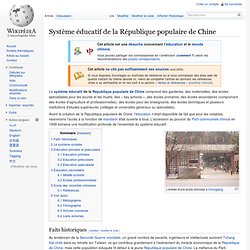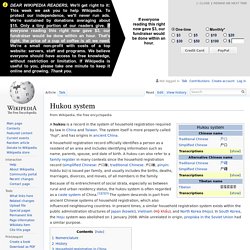

Potential Net Migration Index Declines in Many Countries. WASHINGTON, D.C. -- Although people's desire to migrate permanently to other countries has cooled globally to 13%, Gallup's Potential Net Migration Index (PNMI) shows populations would still grow in the Americas, Europe, and the Middle East and North Africa if everyone who wanted to move actually moved to where they wanted.

At the same time, populations in sub-Saharan Africa and Asia would still shrink. Gallup's PNMI is the estimated number of adults who say they would like to move permanently out of a country if the opportunity arose, subtracted from the estimated number who say they would like to move into it, as a proportion of the total adult population. The higher the resulting positive PNMI score, the larger the potential net adult population gains. The latest results include 154 countries or areas surveyed between 2010 and 2012 and are based on about 520,000 interviews.
Southern Europe's Economic Woes Make It Less Attractive Potential Net Migration Increasingly Negative in Syria. Las mil caras del milagro educativo chino. Cao Minfang es un buen ejemplo de lo que ha logrado el milagro educativo chino. No nació en el seno de una familia adinerada ni goza de una mente especialmente privilegiada pero, gracias a muchos años de duro trabajo y a los sacrificios de su familia, esta recién licenciada en Ingeniería Informática se ha labrado un éxito que dentro de unos meses culminará con un máster en Canadá.
“Quiero ver el mundo, mejorar mi educación, adquirir algo de experiencia laboral en la empresa extranjera, y volver a China para poner todo eso en práctica y hacer dinero”, cuenta. La suya es una historia que se repite miles de veces en China. Concretamente, 400.000 estudiantes de la segunda potencia mundial se forman en el extranjero, un número que no supera ningún otro país. Y muchos copan la elite de las mejores universidades del planeta. No hace falta más que charlar un rato con la madre de Cao, Wu Weiwen, para dejarse asombrar por la espectacular progresión del país que fundó Mao Zedong en 1949. Système éducatif de la République populaire de Chine. Un article de Wikipédia, l'encyclopédie libre.

Le système éducatif de la République populaire de Chine comprend des garderies, des maternelles, des écoles spécialisées pour les sourds et les muets, des « key schools », des écoles primaires, des écoles secondaires (comprenant des écoles d'agriculture et professionnelles), des écoles pour les enseignants, des écoles techniques et plusieurs institutions d'études supérieures (collèges et universités généraux ou spécialisés). Faits historiques[modifier | modifier le code] Durant la période post-Mao, les politiques d'éducation évoluent.
Popular China: Unofficial Culture in a Globalizing Society - Google Books. Human cost of China’s hukou system. Millions set to get ‘hukou’ papers. MORE than 100 million Chinese will be given vital documents making them officially residents of the country’s cities under a broad urbanisation plan crucial for economic growth. China’s new leaders under President Xi Jinping, who took office a year ago, have touted “people-centred urbanisation” to raise the quality of life as well as growth rates. The new “national plan for a new model of urbanisation” calls for measurable improvements such as extended social benefits, better air quality and better public transport. It aims for 60 per cent of China’s 1.36 billion people to live in cities by 2020 and for 45 per cent to have the vital urban residency registration, or “hukou”, that gives them equal access to social benefits such as education and healthcare. This would compare with 52.6 per cent and 35.3 per cent in 2012.
The stated goals include “work hard to achieve 100 million rural workers and other permanent residents obtaining urban hukou”. Hukou system. A hukou is a record in the system of household registration required by law in China and Taiwan.

The system itself is more properly called "huji", and has origins in ancient China. A household registration record officially identifies a person as a resident of an area and includes identifying information such as name, parents, spouse, and date of birth. A hukou can also refer to a family register in many contexts since the household registration record (simplified Chinese: 户口簿; traditional Chinese: 戶口簿; pinyin: hùkǒu bù) is issued per family, and usually includes the births, deaths, marriages, divorces, and moves, of all members in the family.
Because of its entrenchment of social strata, especially as between rural and urban residency status, the hukou system is often regarded as a caste system of China.[1][2][3] The system descends in part from ancient Chinese systems of household registration, which also influenced neighbouring countries. Nomenclature[edit] History[edit] Rationale[edit] Special Topic Paper: China's Household Registration System: Sustained Reform Needed to Protect China's Rural Migrants.